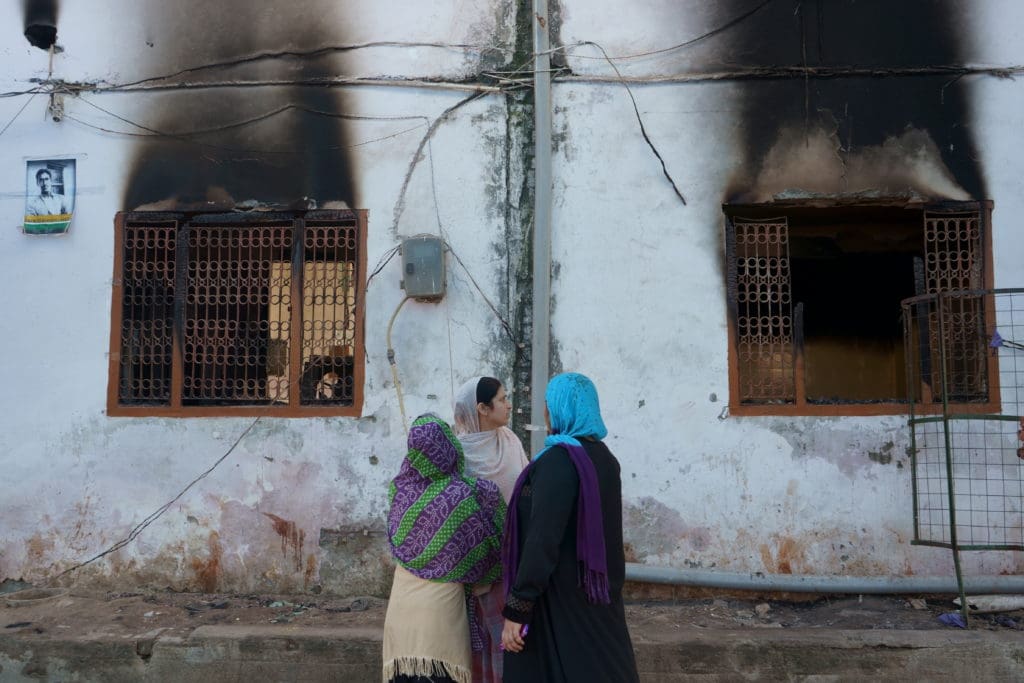The arrest of top Indian opposition leader Arvind Kejriwal on corruption charges weeks before the general elections helped galvanise an opposition alliance against Prime Minister Narendra Modi’s party. But as the investigations and graft allegations against opposition politicians mount, defections to the ruling party are also on the rise as they seek to avoid being targeted in tax raids.

By Sébastian SEIBT|Leela JACINTO
As supporters of a top Indian opposition leader gathered in New Delhi on Sunday, April 7, to protest against his arrest just weeks before the 2024 general elections, Mary Pinto* joined a parallel solidarity rally in the country’s economic hub, Mumbai.
The demonstration came two weeks after Delhi Chief Minister Arvind Kejriwal, an opponent of Prime Minister Narendra Modi and his ruling Bharatiya Janata Party (BJP), was arrested in a graft case. Members of Kejriwal’s Aam Aadami Party (AAP) have dismissed the corruption allegations as “fabricated” in an attempt by the BJP government to politically “finish” a rival.
The government and the BJP have denied the accusations.
Since Kejriwal’s shock arrest, his party has held protests primarily in AAP-controlled Delhi and the northern Indian state of Punjab. In a bid to galvanise support, the AAP announced an April 7 nationwide, day-long “samuhik upwas”, or mass fast.
This story was originally published in france24.com. Read the full story here.





